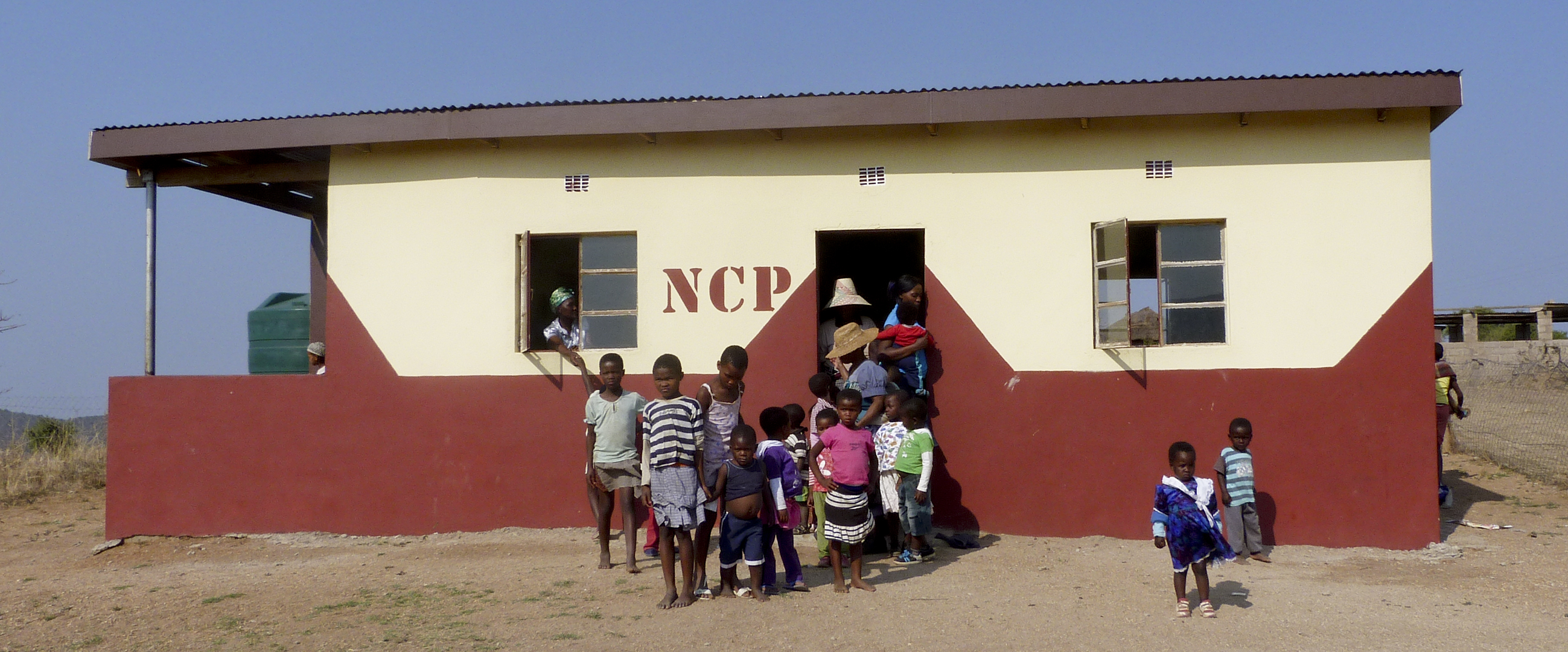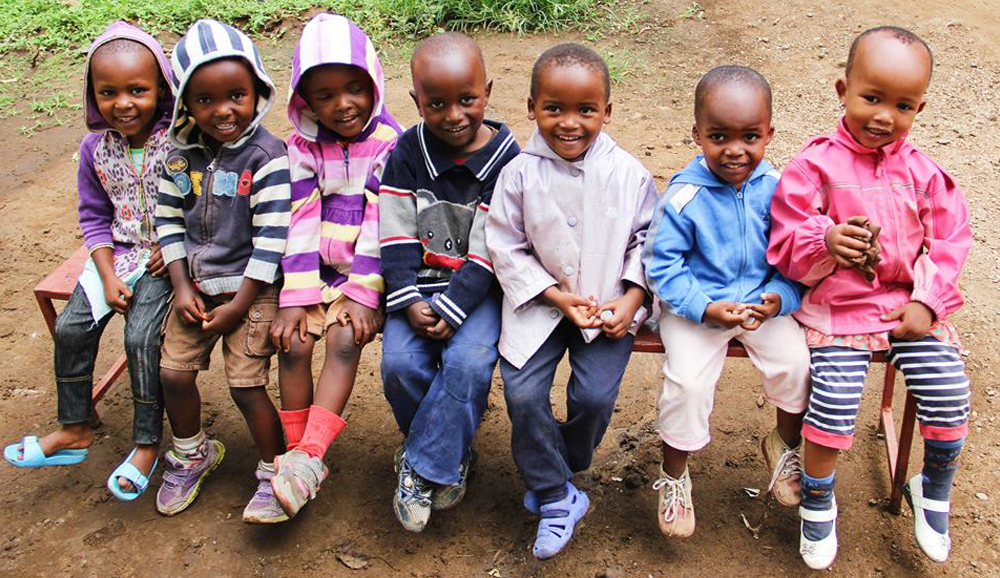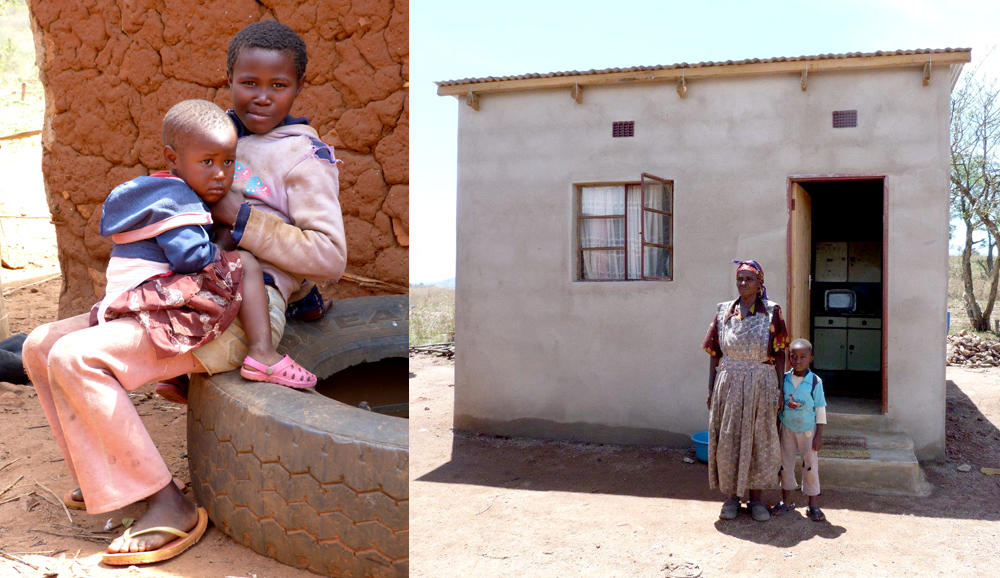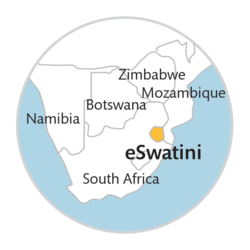
E S W A T I N I
Supporting measures in eSwatini

According to figures of UNAIDS from 2015, there are 240,000 people in eSwatini infected with HIV (or double the epidemic HIV/multi resistant tuberculosis). That means about 20% of eSwatini’s population of 1.2 million people has HIV. HIV can be treated successfully when diagnosed in time.
However, as more than two thirds of the eSwatini population live on less than the equivalent of one U.S. dollar a day, poverty is the single biggest obstacle to reducing the scourge of HIV in eSwatini. According to the World Health Organization, until just recently the life expectancy of a person born in eSwatini was the lowest of any country in the world. According to statistics from 2015, the life expectancy has increased to 48 years (in comparison to Germany where the life expectancy is 81 years).
According to figures of UNAIDS from 2015 there are 240,000 people that is about 20% of the population comprising 1.2 million people being infected with HIV (or the double epidemic HIV/mulitresistent tuberculosis).
About 80,000 children under the age of 15 in eSwatini are orphans or half orphans. The THOMAS ENGEL-Foundation works with the Möwenweg Foundation and Kindernothilfe e.V. to take care of about 3,000 children within the framework of the aid program LITSEMBA (hope). Young Heroes, a local and well-respected aid organization, is our partner in eSwatini.


The orphans and other children in need receive support in 87 Neighbourhood Care Points (NCPs). These are modestly built day care centres, staffed by approximately 500 caregivers working on a voluntary basis. In these NCPs children are vaccinated and tested for HIV by the staff of a mobile clinic. They are given medicine for deworming and supplemental vitamins. Illnesses and accidents also are treated at the NCPs. To the extent possible, children also receive one warm meal a day, usually consisting of corn flour and sometimes beans and or rice. Although food is mainly provided by the United Nations World Food Program (WFP), whenever there is a food shortage, the aid organizations of LITSEMBA try to help.


Additional aid projects of the Litsemba Project supported by the
THOMAS ENGEL-Foundation include:
- The collection and control of rain water in NCPs to help assure a supply of drinking water for children;
- Pre-school preparation and education in NCPs providing an important component of early childhood development;
- Teaching income generating activities such as sewing and craftwork — a way of improving the lives of eSwatini citizens for their entire lives;
- Securing locally made warm clothes and blankets — in eSwatini it often is very cold at night.
Given all the good the NCPs provide, it makes sense that on-going goals of the LITSEMBA project include building more of these NCPs as well as the construction of sturdy two-room cottages for extremely poor families.
eSwatini
Bordered by South Africa and Mozambique, eSwatini is the second smallest country of Africa comprising 17,500 square kilometres. It has 1.2 million inhabitants.


